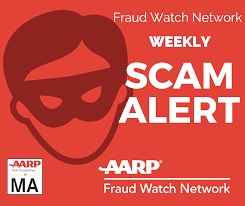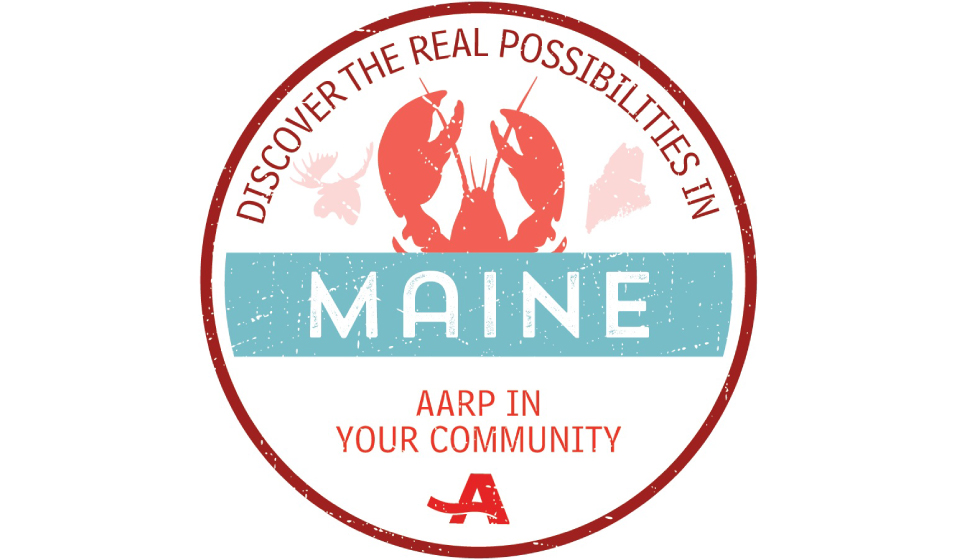 Americans pay the highest drug prices in the world and, over the last ten years, prices have continued to skyrocket.
Americans pay the highest drug prices in the world and, over the last ten years, prices have continued to skyrocket.
In Maine, 62 percent of Medicare beneficiaries have one or more chronic diseases, many of which require patients to take multiple medications. In some cases, prescription drugs represent the only defense Mainers have against debilitating pain and their fight against life-threatening conditions like heart disease and cancer. In 2017, retail prices of some of the most popular medications older Americans take to treat everything from diabetes to high blood pressure increased by an average of 8.4 percent. That is four times the rate of inflation.
No one should have to choose between food and medicine, but some Mainers are doing just that.
The truth is that drug companies make a fortune in profits from older adults and hardworking Americans. The tens of billions of dollars drug companies spend on advertising each year is shameful, and results in drugs being more expensive. Drugs don’t work if people can’t afford them. That’s why AARP launched a national campaign this year urging federal and state policymakers to Stop Rx Greed by cracking down on price-gouging drug companies.
During the legislative session, AARP Maine worked with state lawmakers to pass a package of bills that will lower prices and improve accessibility to medications which thousands of Mainers need to stay healthy. Maine’s legislators clearly recognized that prescription drug price gouging is not a Democratic or a Republican problem. This issue is about fighting for people’s lives, and putting people before profits.
Maine is once again leading the way, but now we need Congress to follow that lead. We urge Senators Collins and King to work with their colleagues to pass bipartisan legislation to lower prescription medication prices across the country.
The pharmaceutical companies have made it clear that they intend to fight hard, but we must fight harder. While we celebrate our state win in Maine, we must keep the campaign going in the national arena. Please take a moment to call 1-844-226-7032 and urge Maine’s Senators to Stop Rx Greed. Now.
AARP Maine is committed to working with our lawmakers to enact solutions that will provide long overdue relief not just for older Americans, but for all consumers. To learn more about AARP’s Rx advocacy work and to make your voice heard, visit www.aarp.org/rx. If you are willing to work with our Maine office to bring down prescription drug prices, or if you have your own Rx story to share, please email me@aarp.org. We look forward to hearing from you.
 If you do business with a national retailer or bank, chances are you’ve had your identity compromised at one time or another. These large scale cyber attacks have unfortunately become commonplace, but it’s important to know that criminals are trying just as hard to hack you as they are big corporations. Personal cyber attacks can come in the form of malicious attachments that steal personal information from your computer. They can also come in the form of email attacks, called phishing, appearing to come from a trusted source and asking you to confirm a password or verify personal information.
If you do business with a national retailer or bank, chances are you’ve had your identity compromised at one time or another. These large scale cyber attacks have unfortunately become commonplace, but it’s important to know that criminals are trying just as hard to hack you as they are big corporations. Personal cyber attacks can come in the form of malicious attachments that steal personal information from your computer. They can also come in the form of email attacks, called phishing, appearing to come from a trusted source and asking you to confirm a password or verify personal information.

 Americans pay the highest drug prices in the world and, over the last ten years, prices have continued to skyrocket.
Americans pay the highest drug prices in the world and, over the last ten years, prices have continued to skyrocket.